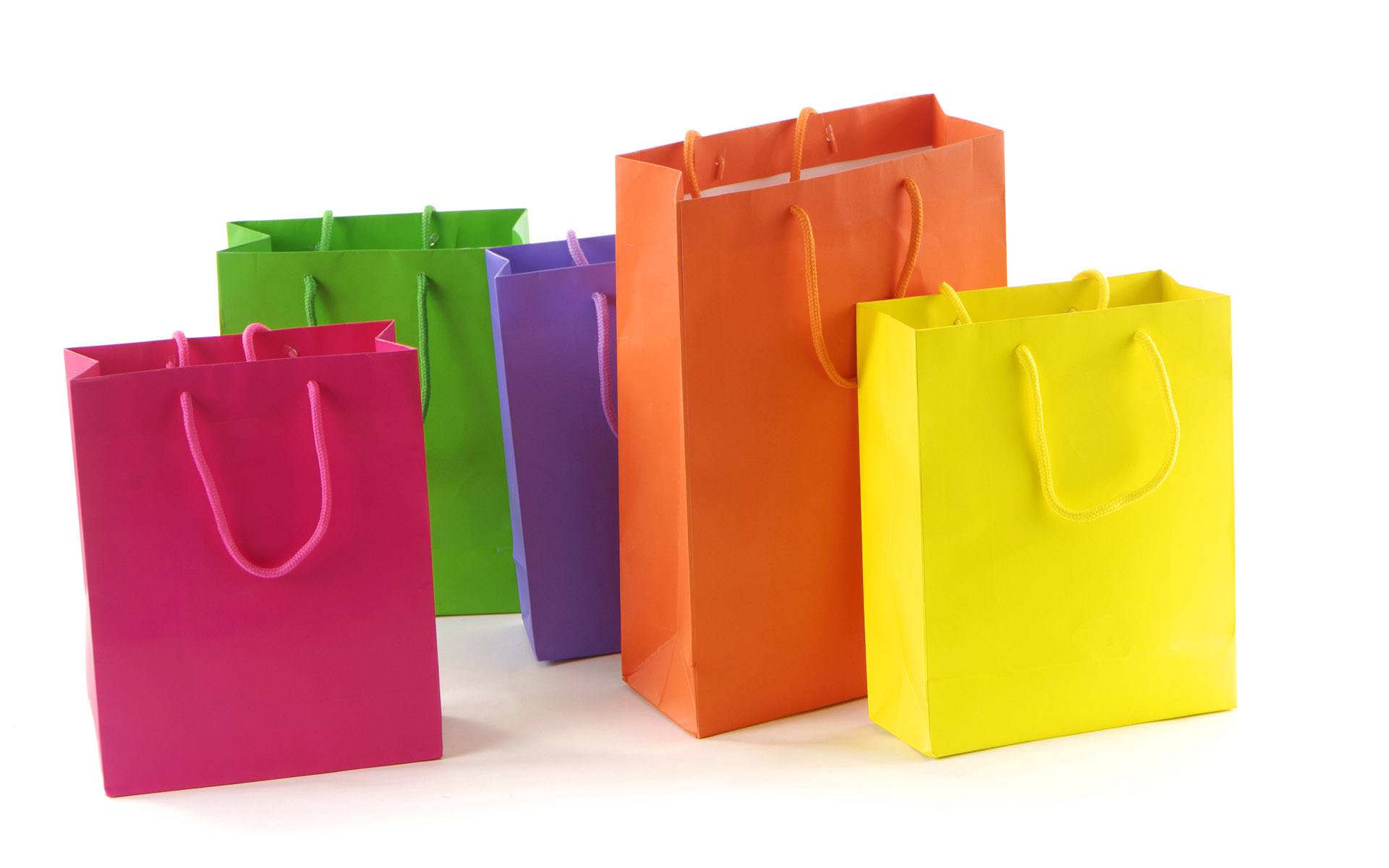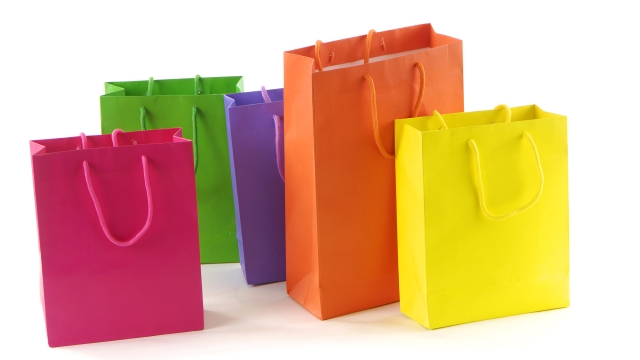
Plastic shopping bags have become a ubiquitous part of our shopping experience. Convenient and lightweight, they make our trips to the grocery store or mall easier. However, beneath their practicality lies a pressing environmental challenge that has sparked global conversations about sustainability and waste reduction. As more people become aware of the damage that plastic pollution inflicts on our ecosystems, it is vital to reconsider our reliance on these seemingly harmless items.
The problem with plastic shopping bags extends far beyond their immediate use. Once discarded, they contribute significantly to landfill overflow, marine debris, and wildlife hazards. With millions produced and used daily, it is crucial for us to explore alternative options that not only meet our shopping needs but also promote a healthier planet. By rethinking our shopping choices and adopting more sustainable practices, we can play a pivotal role in addressing the plastic problem head-on.
The Environmental Impact of Plastic Bags
Plastic shopping bags are a significant contributor to environmental pollution, affecting our ecosystems in various ways. These bags are lightweight and easily carried, but their convenience comes at a hefty price. Once discarded, they can take hundreds of years to decompose, often ending up in landfills or the natural environment. When plastic bags break down, they fragment into smaller pieces known as microplastics, which can contaminate soil and waterways, posing threats to wildlife and plant life.
The prevalence of plastic bags in oceans is particularly concerning. Marine animals, mistaking these bags for food, often ingest them, leading to internal injuries, starvation, or death. Additionally, plastic bags can entangle marine creatures, causing suffocation and drowning. The impact on biodiversity is profound, as the loss of aquatic species affects entire ecosystems, disrupts food chains, and diminishes resilience to environmental changes.
Beyond the immediate threats to wildlife, the production and disposal of plastic bags contribute to broader environmental issues. The petroleum-based materials used in their creation not only deplete natural resources but also involve high levels of greenhouse gas emissions during manufacturing. Moreover, inadequate waste management systems exacerbate the problem, leading to increased littering and pollution in our surroundings. This cycle of production and disposal highlights the urgent need to rethink our shopping choices and embrace sustainable alternatives.
Alternatives to Plastic Shopping Bags
As consumers increasingly seek sustainable options, reusable bags have emerged as a popular alternative to plastic shopping bags. Made from durable materials like cotton, jute, or recycled plastics, these bags are designed to withstand multiple uses, reducing the need for single-use plastics. By investing in a few high-quality reusable bags, shoppers can significantly cut down on plastic waste and contribute to a more eco-friendly shopping experience.
Another viable option is compostable bags, which are made from plant-based materials that break down naturally in the environment. Unlike traditional plastic bags, compostable alternatives avoid adding harmful pollutants to landfills. Many grocery stores are now offering these bags as a sustainable choice for those who need a disposable option that poses less risk to the environment. Educating consumers on how to properly dispose of these bags ensures they fulfill their promise of reducing landfill waste.
For those looking for an even more innovative solution, some companies are developing bags from seaweed and other organic materials. These bags not only serve the purpose of carrying goods but also decompose far more quickly than traditional plastics. As technology advances, these eco-conscious options could reshape the way we think about shopping and packaging, helping to alleviate the burden that plastic shopping bags have placed on our planet.
Making Sustainable Choices
As consumers become increasingly aware of the environmental impact of plastic shopping bags, making sustainable choices is more vital than ever. One of the most effective ways to reduce plastic waste is to switch to reusable bags. Investing in high-quality reusable bags not only helps decrease the reliance on single-use plastics but also often provides a more durable and spacious alternative for carrying groceries and other purchases.
Additionally, considering the materials used in shopping bags can enhance our commitment to sustainability. Many companies now offer bags made from recycled materials or organic fabrics, creating a more eco-friendly option. By choosing these alternatives, shoppers contribute to a circular economy that minimizes waste and promotes responsible sourcing of materials, thereby supporting businesses that prioritize environmental stewardship.
https://www.armopak.com
Ultimately, making sustainable choices goes beyond just selecting a bag. It involves a mindset shift towards prioritizing eco-conscious practices in our everyday lives. Educating ourselves about the environmental impacts of plastic waste, participating in community clean-up efforts, and advocating for policies that limit plastic production can amplify individual efforts. By embracing these changes collectively, we can drive a significant reduction in plastic shopping bag usage and foster a healthier planet for future generations.


